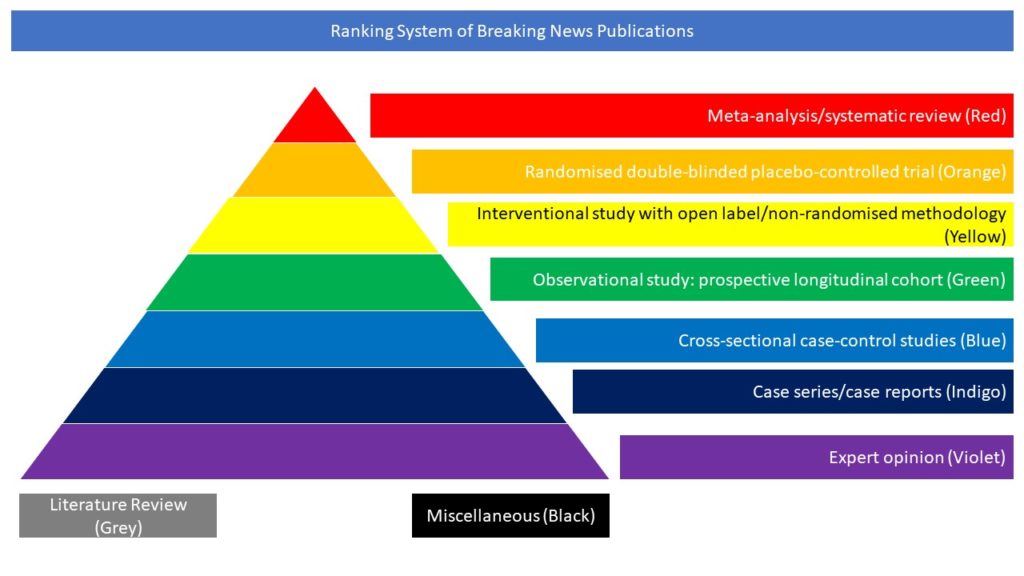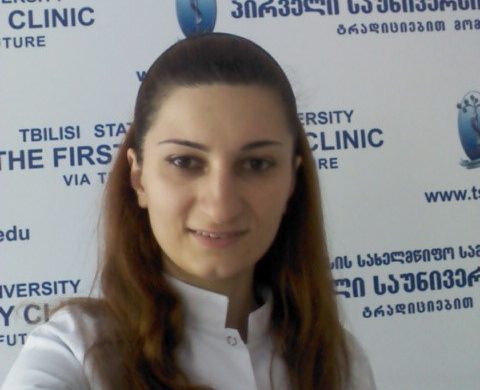Cross-sectional case-control studies (Blue)
The association between COVID-19 immunity within families and the risk of infection in nonimmune family members is unknown. The objective of this study was to investigate the association between risk of COVID-19 in nonimmune individuals and the number of their family members with known immunity acquired from a previous COVID-19 infection or full vaccination (2 vaccine doses). In this cohort study of data from nationwide registries in Sweden, all individuals who acquired immunity from either previous COVID-19 infection or full vaccination until May 26, 2021, were considered for inclusion. Each person with immunity was matched 1:1 to an individual without immunity from an identified cohort of individuals with families comprising 2 to 5 members. Number of immune family members in each family on April 14, 2021 (index date), who acquired immunity from a previous COVID-19 infection or full vaccination (2 doses of the mRNA-1273, BNT162b2 mRNA, or ChAdOx1 nCoV-19 vaccine). The Incident COVID-19 infection in nonimmune family members from April 15 to May 26, 2021 represented the primary outcome. A total of 1 789 728 individuals from 814 806 families were included in the analysis. Each family comprised 2 to 5 family members, with a mean (SD) age at baseline of 51.3 (19.5) years. During a mean (range) follow-up time of 26.3 (1-40) days, 88 797 of 1 549 989 (5.7%) nonimmune family members (mean [SD] age, 51.6 [17.7] years; 790 276 men [51.0%]) were diagnosed with COVID-19. There was an inverse dose-response association between the number of immune members in each family and the risk of incident COVID-19 infection in nonimmune family members. Nonimmune families with 1 immune family member had a 45% to 61% lower risk of contracting COVID-19 (hazard ratio [HR], 0.39-0.55; 95% CI, 0.37-0.61, P < .001). The risk reduction increased to 75% to 86% in families with 2 immune family members (HR, 0.14-0.25; 95% CI, 0.11-0.27; P < .001), 91% to 94% with 3 immune family members (HR, 0.06-0.09; 95% CI, 0.04-0.10; P < .001), and 97% with 4 immune family members (HR, 0.03; 95% CI, 0.02-0.05; P < .001). The results were similar for the outcome of COVID-19 infection that was severe enough to warrant a hospital stay. The authors concluded that in this cohort study, family members without immunity had a 45% to 97% lower risk of contracting COVID-19 as the number of immune family members increased. Vaccination is a key strategy for decreasing the transmission of the virus within families.
Nordström P, Ballin M, Nordström A. Association Between Risk of COVID-19 Infection in Nonimmune Individuals and COVID-19 Immunity in Their Family Members. JAMA Intern Med. Published online October 11, 2021. doi:10.1001/jamainternmed.2021.5814.









